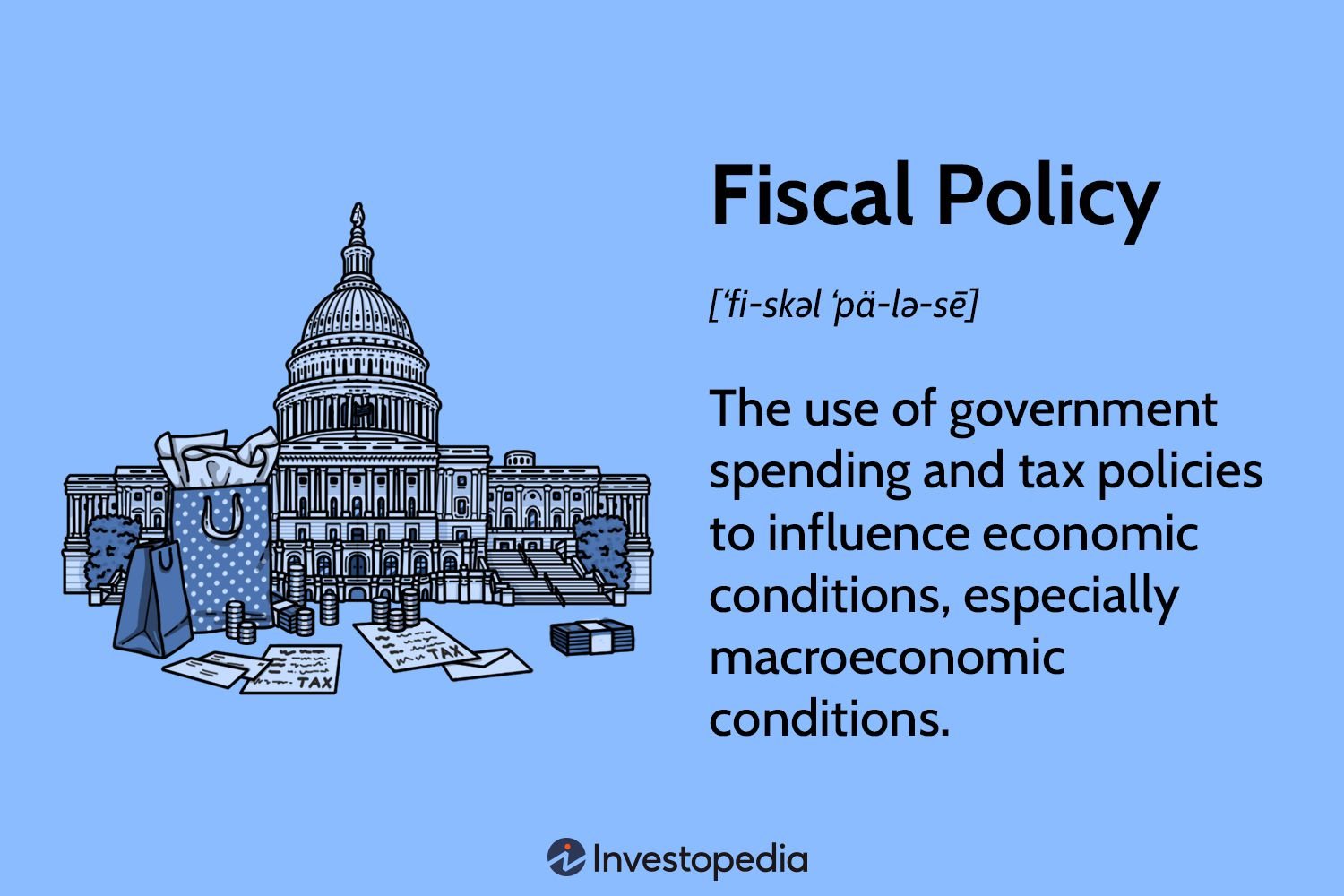Looking to increase your credit limit responsibly? Well, you’ve come to the right place! In this article, we’ll walk you through some practical tips and strategies that will help you achieve your goal in a responsible manner. Whether you’re aiming to qualify for a higher credit limit or simply looking for ways to manage your existing one more effectively, we’ve got you covered. So, let’s dive right in and explore how to increase your credit limit responsibly.
How to Increase Your Credit Limit Responsibly
Introduction
As you work on building your credit history, one important factor to consider is your credit limit. Your credit limit determines the amount of credit you have available to use on a credit card or line of credit. It plays a crucial role in your overall credit utilization ratio and can impact your credit score. In this article, we will explore various ways to responsibly increase your credit limit, helping you take control of your credit and potentially improve your financial opportunities.
Understanding Credit Limits and Their Significance
Before diving into how to increase your credit limit responsibly, it’s essential to understand the significance of credit limits and their impact on your financial health.
- Your credit limit represents the maximum amount of credit that a lender is willing to extend to you.
- It influences your credit utilization ratio, which is the percentage of your available credit that you are using at any given time.
- A higher credit limit can improve your credit utilization ratio and potentially boost your credit score.
- It provides you with more financial flexibility, allowing you to make larger purchases or handle unexpected expenses.
- Having a higher credit limit can help you qualify for better credit cards or loans in the future.
Now that we understand the significance of credit limits, let’s explore responsible ways to increase them.
1. Maintain a Positive Payment History
One of the most crucial factors in determining your creditworthiness is your payment history. Lenders want to see a solid track record of on-time payments. By consistently paying your bills by their due dates, you demonstrate responsible financial behavior, which can increase your chances of receiving a credit limit increase.
Here are some tips to maintain a positive payment history:
- Set up automatic payments or reminders to ensure you never miss a payment.
- Pay at least the minimum amount due, but strive to pay off your balance in full each month.
- If you encounter financial difficulties, communicate with your creditors and explore options such as payment plans or deferment to avoid late payments.
2. Demonstrate Responsible Credit Usage
Apart from making timely payments, it’s important to demonstrate responsible credit usage to increase your credit limit. Lenders want to see that you can manage credit responsibly without maxing out your available credit.
Consider these strategies to demonstrate responsible credit usage:
- Keep your credit utilization ratio below 30%. For example, if you have a credit limit of $5,000, aim to keep your outstanding balance below $1,500.
- Avoid unnecessary credit card applications, as multiple applications within a short period can raise red flags for lenders.
- Pay more than the minimum payment whenever possible to show lenders that you are actively managing your credit.
- Avoid carrying high balances on your credit cards or lines of credit.
3. Communicate with Your Credit Card Issuer
Initiating a conversation with your credit card issuer or lender can be an effective way to increase your credit limit responsibly. By demonstrating your creditworthiness and discussing your needs, you may be able to negotiate a higher credit limit.
Here are some steps to take when communicating with your credit card issuer:
- Call the customer service number listed on the back of your card or visit your issuer’s website to find the appropriate contact information.
- Express your interest in increasing your credit limit and explain why you believe you deserve it. Highlight your responsible credit usage, positive payment history, and any changes in your financial situation that warrant a higher limit.
- Answer any questions or provide additional information the issuer may request to assess your creditworthiness.
- Be prepared for a potential credit inquiry, as the issuer may need to review your credit report to make a decision.
4. Monitor Your Credit Score and Credit Report
Regularly monitoring your credit score and credit report is essential for maintaining good financial health. It allows you to identify any errors or discrepancies that may be negatively impacting your credit score.
Consider these practices to monitor your credit:
- Obtain a free copy of your credit report annually from each of the three major credit bureaus (Equifax, Experian, and TransUnion) through AnnualCreditReport.com.
- Review your credit report for inaccuracies, such as incorrect account balances or fraudulent activity.
- Monitor your credit score using free credit monitoring services or through your credit card issuer’s online portal.
- If you notice any errors, dispute them promptly with the credit bureau(s) to have them corrected.
5. Gradually Request Credit Limit Increases
Instead of requesting a significant credit limit increase all at once, it may be more effective to request smaller increases over time. Gradually increasing your credit limit demonstrates responsible credit management and may increase your chances of approval.
Follow these steps when requesting credit limit increases:
- Wait until you have maintained a positive payment history and responsible credit usage for at least six months.
- Contact your credit card issuer and inquire about their process for requesting a credit limit increase.
- Specify the desired amount of increase and provide any necessary information or documentation.
- Be patient, as it may take time for the issuer to review your request and make a decision.
6. Consider Opening a New Credit Card
If your current credit card issuer is unwilling to raise your credit limit, you may consider opening a new credit card account. However, exercise caution to avoid accumulating unnecessary debt and applying for too many new cards within a short period.
Here are some factors to consider before opening a new credit card:
- Research credit cards with higher credit limits and favorable terms that match your financial needs.
- Understand the fees, interest rates, and rewards associated with the new card.
- Weigh the potential benefits of a higher credit limit against the potential impact on your credit score due to a new credit inquiry and the average age of your credit accounts.
- Only apply for a new card if you are confident in your ability to manage multiple accounts responsibly.
Increasing your credit limit responsibly requires a combination of responsible financial habits, effective communication with your credit card issuer, and ongoing credit monitoring. By maintaining a positive payment history, demonstrating responsible credit usage, and employing strategies to communicate and negotiate with your issuer, you can improve your chances of receiving a credit limit increase. As you navigate the process, remember to monitor your credit score and report regularly, as they are key indicators of your financial health. By following these steps, you can take control of your credit and potentially unlock greater financial opportunities.
How To Increase Your Credit Limit DRAMATICALLY
Frequently Asked Questions
Frequently Asked Questions (FAQs)
How can I increase my credit limit responsibly?
Increasing your credit limit responsibly is important for managing your finances effectively. Here are some tips to help you achieve this:
1. What is a credit limit?
A credit limit is the maximum amount of credit that a lender allows you to borrow on your credit card. It represents the maximum balance you can carry on your card at any given time.
2. Why would I want to increase my credit limit?
Increasing your credit limit can provide you with more purchasing power, help improve your credit utilization ratio, and potentially enhance your credit score over time.
3. How can I request a credit limit increase?
To request a credit limit increase, you can contact your credit card issuer directly. Many issuers provide online or phone options to submit a request. Alternatively, they may automatically review your account periodically and offer increases if you have exhibited responsible credit behavior.
4. What factors do credit card issuers consider when deciding whether to increase my credit limit?
Credit card issuers typically consider factors such as your credit score, payment history, income, and overall creditworthiness when deciding whether to increase your credit limit. They want to ensure that you can manage additional credit responsibly.
5. How much of a credit limit increase can I request?
The amount you can request for a credit limit increase depends on your credit card issuer’s policies and your individual circumstances. Some issuers may have specific criteria or limitations, while others may offer more flexibility. It’s best to check with your issuer directly for their guidelines.
6. Will requesting a credit limit increase impact my credit score?
Requesting a credit limit increase may result in a hard inquiry on your credit report, which can temporarily impact your credit score. However, if you use the increased credit responsibly and maintain a low credit utilization ratio, it can have a positive long-term effect on your credit score.
7. How often can I request a credit limit increase?
The frequency of credit limit increase requests may vary among credit card issuers. Some may allow you to request an increase annually, while others may have shorter or longer intervals. Check with your issuer for their specific guidelines.
8. What should I do if my credit limit increase request is denied?
If your credit limit increase request is denied, it could be due to factors such as a low credit score, insufficient income, or limited credit history. Take steps to improve your creditworthiness over time, such as making consistent on-time payments and reducing outstanding debt. You can try again for a credit limit increase in the future.
Final Thoughts
Increasing your credit limit responsibly is crucial in managing your financial health. First, establish a good credit history by making consistent, timely payments and keeping your credit utilization low. Communicate with your card issuer to inquire about a credit limit increase or consider applying for a new credit card. Demonstrate responsible credit behavior by maintaining a low debt-to-income ratio and avoiding maxing out your credit limit. Remember to use credit wisely and within your means, ensuring you can comfortably make payments on time. By implementing these strategies, you can increase your credit limit responsibly, giving you greater financial flexibility.



